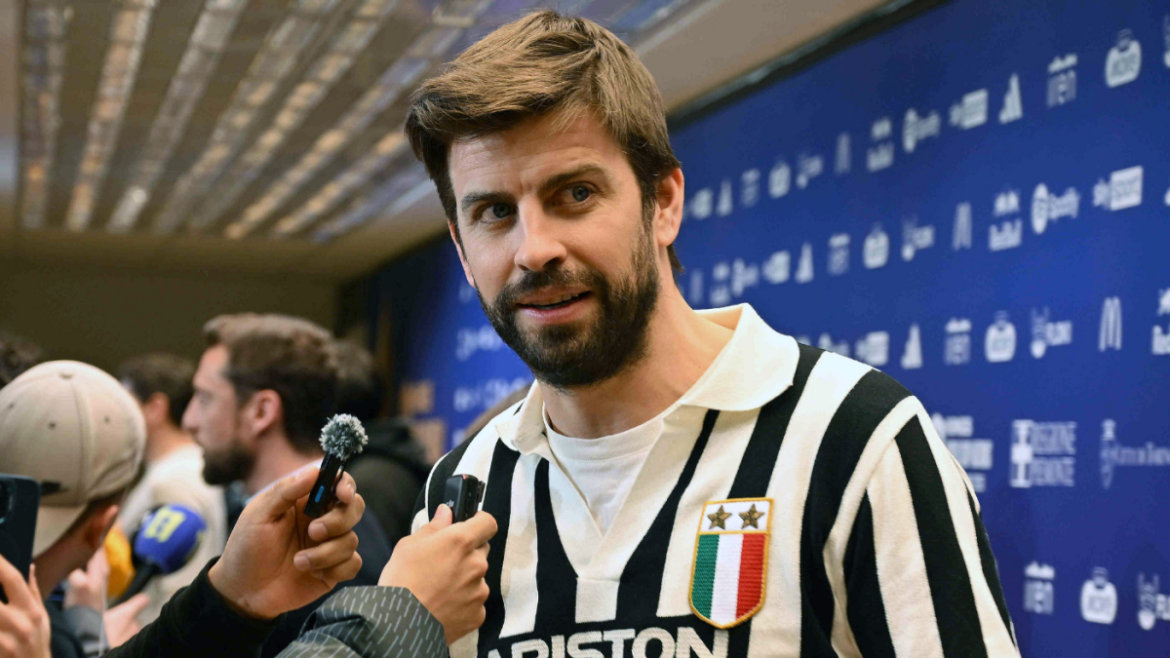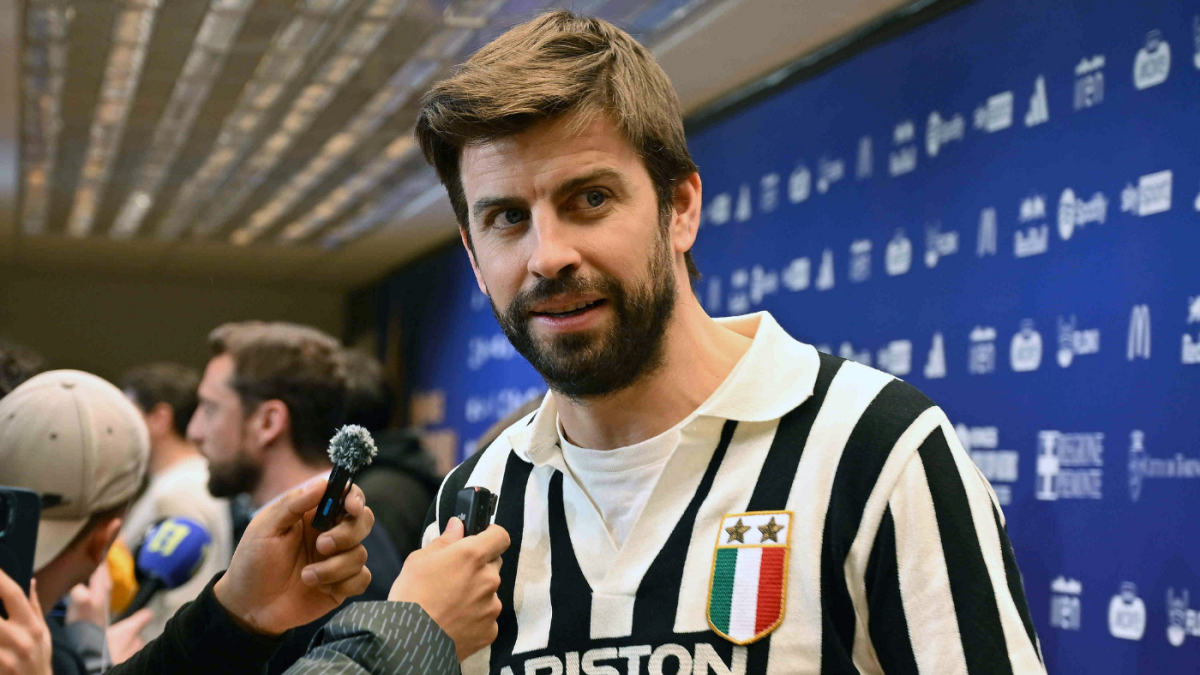Decoding the Kings World Cup Clubs: Revolutionizing Seven-a-Side Football with Wild, Innovative Rules
The Kings World Cup Clubs, an international seven-a-side football tournament, is redefining how traditional football is played and consumed. Established by former FC Barcelona star Gerard Piqué and propelled through the vision of content creator Ibai, this competition melds sport, entertainment, and digital culture, especially Twitch live streaming, to capture younger audiences’ imagination. From secret cards to dice rolls that impact gameplay, the tournament’s unique rule set breaks free from conventional football norms, making every match dynamic, unpredictable, and immersive.
Origins and Evolution: From Kings League to Global Phenomenon
Initially launched in 2022 as the Kings League, a seven-a-side football league based in Spain, this innovative league quickly captured attention thanks to its departure from traditional formats. The league introduced elements such as:
– Unlimited substitutions allowing teams to rotate players flexibly,
– A tie-breaker penalty shootout to resolve deadlocks,
– And integration of game-like mechanics such as secret advantage cards and dice rolls.
The success and reception of the Kings League spurred the creation of the Kings World Cup Clubs — a global tournament bringing together 32 teams from various versions of the Kings League worldwide and unaffiliated “wildcard” clubs. Set to take place in France in 2025, this iteration serves as the football club equivalent of the FIFA Club World Cup but retains the franchise’s hallmark of inventive rule modifications.
Breaking Down the Wild Rules: Enhancing Drama and Strategy
To appeal to modern sports fans raised in the era of gamification and digital interactivity, the Kings World Cup Clubs incorporates a range of extraordinary rules that alter gameplay flow and strategies profoundly:
Secret Cards: Coaches’ Tactical Wildcards
One of the tournament’s most talked-about innovations is the use of secret cards. Coaches randomly select a card during the second half, before the 38th minute, which grants them a tactical advantage. The element of secrecy means neither side knows what advantage might be deployed, injecting suspense and demanding quick adaptations.
Dice Rolls: Randomness Meets Strategy
At a specified moment in the match — notably the 18th minute, according to official marketing materials — a dice roll takes place. The outcome can dictate various in-game effects, introducing an element of randomness akin to a well-designed board game. This unpredictability forces teams to prepare contingency plans rather than rely solely on skill or tactics.
Temporary Exclusions with Yellow Cards
The penalty system shifts away from traditional football fouls. Instead of the usual one- or two-game suspensions, the Kings World Cup Clubs implement two-minute temporary exclusions for yellow cards. If insufficient time remains in the period, the exclusion carries over into the next period. A second yellow card also results in a red card, enforcing discipline while maintaining the rapid pace expected of short matches.
Accelerated Match Format
Matches are structured with two halves of 20 minutes each, accommodating the tournament’s action-packed, condensed style that fits the online streaming model. This ensures heightened engagement, as viewers watch tight, fast games without the downtime typical of traditional football.
Fan-Driven Rulemaking
A remarkable feature is the role of fans in shaping the competition. Rules and gameplay changes are often decided by popular vote on social media platforms, democratizing the competitive environment and aligning it closely with fan preferences and entertainment value.
Structure and Global Scope: The 2025 Tournament
The 2025 Kings World Cup Clubs is set to be an electrifying event hosted in France. With 32 participating teams, including:
– Clubs from existing Kings League iterations,
– Wildcards representing burgeoning international versions,
– And reigning champions like Porcinos FC defending their title,
the tournament offers a melting pot of styles and cultures unified by an ethos of innovation.
This format elevates the tournament beyond a mere regional spectacle, placing it firmly on the international stage and broadening its appeal to diverse football fanbases.
Streaming, Community, and Cultural Impact
The Kings World Cup Clubs is designed for a new era of sports consumption — one where live streaming platforms like Twitch bring matches directly to audiences craving interaction alongside the sporting spectacle. The league’s creators fully embrace social media engagement, live commentary, and real-time interactivity to cultivate a highly engaged and participatory fan community.
By blending traditional sports competition with elements of gaming, unpredictability, and community-driven design, the Kings World Cup Clubs foreshadows how sports might evolve in an increasingly digital and interconnected world.
Conclusion: A Bold Reimagination of Football’s Future
The Kings World Cup Clubs is more than a football tournament; it’s a living experiment at the crossroads of sport, entertainment, and digital culture. Gerard Piqué and his collaborators have challenged football orthodoxy by introducing innovative rules like secret tactical cards, dice-influenced randomness, accelerated match times, and fan-driven governance. This synergy of competitive integrity and showmanship creates a vibrant, unpredictable spectacle that resonates deeply with younger, digitally native audiences.
As the 2025 tournament approaches, its evolution will be closely watched, potentially setting a precedent for sports leagues around the world to innovate boldly, blend formats, and invite fans into the heart of the game itself. The Kings World Cup Clubs is, undeniably, a glimpse into the thrilling future of football and sports entertainment.





